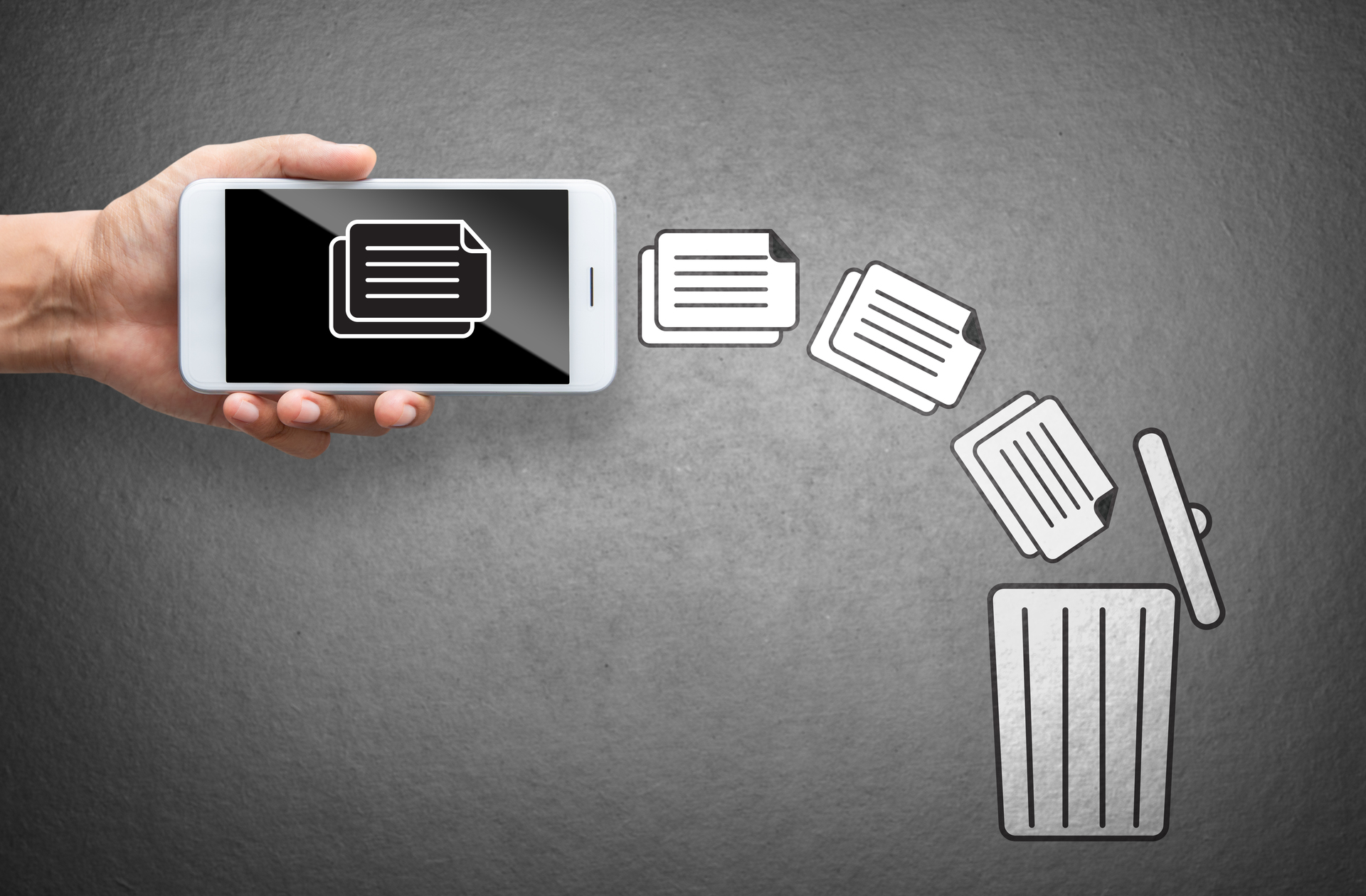
Recycle Bin Computer Cheating Evidence: What Deleted Files Can Reveal
Recycle Bin Computer Cheating Evidence: What Deleted Files Can Reveal
When it comes to catching a cheater, most people look at phones, texts, or social media—but what about the old-school digital hiding spot? The recycle bin computer cheating evidence can be one of the most overlooked but revealing places to check. Many people assume that dragging a file to the trash means it’s gone forever. But in reality, the Recycle Bin is often a holding area for secrets they don’t want you to see—photos, documents, emails, downloads, and saved usernames included. If you share a desktop or have access to their PC, this guide will show you exactly what to look for—and how to do it quietly.
Why the Recycle Bin Can Hold Clues to Cheating
The average person thinks “delete” means disappear. But on most operating systems, deleted items are first sent to the Recycle Bin or Trash folder, where they can sit until permanently cleared. Many people forget to empty the bin, leaving a digital trail of past behavior just a few clicks away. Cheaters might delete browser screenshots, photo downloads, or document trails—but if they don’t empty the trash, you may still be able to retrieve the evidence.
What Kinds of Files Show Up as Cheating Evidence
When searching the Recycle Bin for cheating evidence, keep your eyes open for the following types of files:
- Images or videos with unknown people or inappropriate content
- Screenshots of conversations or dating app profiles
- Downloads from adult websites or social platforms
- Deleted PDFs or Word documents containing contact info, messages, or plans
- Browsing history exports or saved pages that were later removed
- Installation files for secret messaging or encryption apps
- Deleted voice memos or audio clips
Some of these files may look innocent at first—but check file names, metadata, and date modified info to see if anything looks off. Even a single saved file with a suggestive name could point to bigger patterns.
Where to Find the Recycle Bin and How to Search It
If you’re not tech-savvy, don’t worry. The Recycle Bin is easy to find:
- On a Windows PC: It’s typically on the desktop. Open it and sort by “Date Deleted” to see recent activity.
- On a Mac: It’s called the “Trash” and can be opened from the dock. Use “Date Added” to sort files.
Search for file types like JPG, PNG, DOCX, PDF, and MP4. You can also use the search bar in the bin to look for keywords like “secret,” “private,” “pics,” or “DM.” If you see anything odd, double-click the file to preview it.
Tips for Discreetly Reviewing Deleted Files
If you’re snooping for evidence, you’ll want to be careful not to leave a trail or cause suspicion. Here’s how:
- Do not restore any files—view them in-place
- Avoid moving or opening files in apps that may autosave
- Take screenshots rather than printing or emailing files
- Write down filenames, dates, and folder paths for future reference
- Check the system log for when the Recycle Bin was last emptied
If your partner is tech-savvy and regularly clears the bin, you may need to use file recovery tools to dig deeper.
Tools That Help Uncover Deleted Cheating Clues
Sometimes, the evidence you need has already been “permanently” deleted—but that doesn’t mean it’s unrecoverable. Use these tools to go beyond the Recycle Bin:
- Recuva – File recovery software for Windows that finds deleted photos, videos, and docs
- Disk Drill – Recovery tool for both Mac and Windows with visual previews
- Spokeo – Cross-check email addresses or usernames you find in deleted files
- Mini Voice Recorder – Log discussions if your partner brings up anything suspicious (check consent laws)
- Expense Tracker Notebook – Keep a written record of findings and file types
These tools help restore evidence your partner thought was gone for good—and they can be used without making noticeable changes to the system.
What to Do With Recovered Evidence
If you find files that confirm your suspicions, take steps to protect the data:
- Store screenshots and recovered files on an external drive or encrypted folder
- Back up anything significant off the PC
- Avoid confronting your partner until you’ve reviewed everything thoroughly
- Create a timeline of file names, dates, and content types to help spot patterns
- Use this information to build your case, especially if you’re planning to involve legal help or a professional investigator
Final Thoughts
The recycle bin computer cheating evidence may be sitting right under your nose—and your partner might not even realize it. If they’ve been deleting files to hide their activity, there’s a good chance they’ve left behind traces in the trash. It’s a low-risk, high-reward area to check before diving into more invasive methods. Deleted doesn’t always mean destroyed—and in the world of digital investigation, every clue counts. If you’re not sure how to interpret what you’ve found, visit our Ask an Expert page for private, personalized help.

